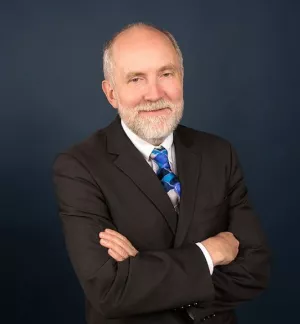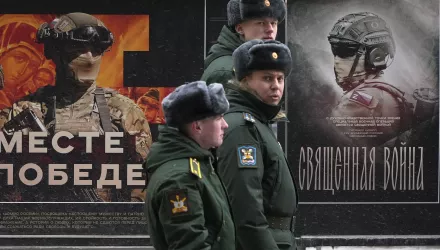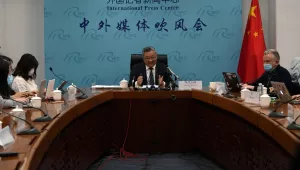Matthew Bunn is a Professor of Practice at Harvard University's John F. Kennedy School of Government. His research interests include nuclear theft and terrorism; nuclear proliferation and measures to control it; the future of nuclear energy and its fuel cycle; and policies to promote innovation in energy technologies.
Before joining the Kennedy School in January 1997, he served for three years as an adviser to the Office of Science and Technology Policy, where he played a major role in U.S. policies related to the control and disposition of weapons-usable nuclear materials in the United States and the former Soviet Union, and directed a secret study for President Clinton on security for nuclear materials in Russia.




